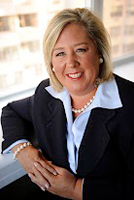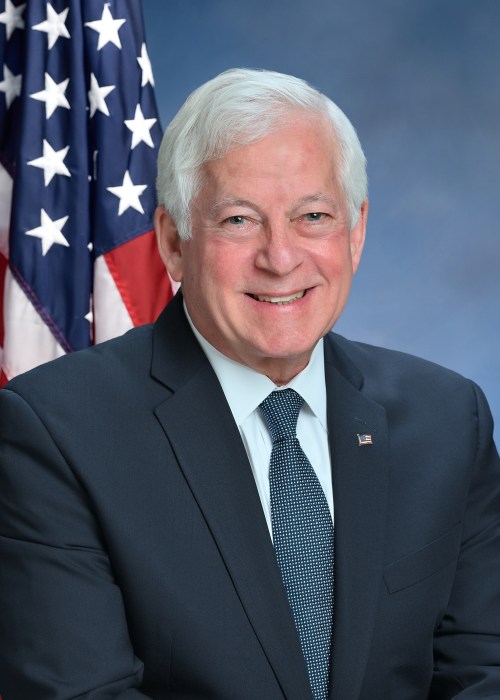 Unless you are an academic professional, you may have never heard the term social emotional learning before, but it’s a concept that’s critical to your child’s well-being.
Unless you are an academic professional, you may have never heard the term social emotional learning before, but it’s a concept that’s critical to your child’s well-being.
According to the American Institutes for Research, social emotional learning is “the process through which we learn to recognize and manage emotions, care about others, make good decisions, behave ethically and responsibly, develop positive relationships, and avoid negative behaviors. It is the process through which students enhance their ability to integrate thinking, feeling and behaving in order to achieve important life tasks.”
Recognizing and building on the strengths of youth are essential to their success both academically and in life. Teens who feel connected are less likely to engage in high-risk behaviors such as self-harming, violence, early sexual activity, disordered eating or suicidal ideation, for example.
Nevertheless, this is a tricky goal to reach in schools where teaching to the test is so prevalent. School officials must reframe their thinking that there is only room for either social emotional learning or academic learning, rather than for both.
According to Ted, one of three social workers in an inner-city middle school where there are more than 1,500 students, faculty and administrators are consumed with prepping students for standardized testing. Among the responsibilities of the social workers is to schedule and monitor standardized tests for weeks at a time. Ted described this aspect of his job as “crowd control.”
When asked what the biggest obstacle was, he said, “teaching to the test.”
“These days teachers are being evaluated on their students’ test scores and schools are trying to align curricula to the tests, which leaves little flexibility for what can happen in or outside the classroom,” he said. “Teachers are increasingly unwilling to let kids leave class for alternative activities like groups that might address career exploration, grief or anger management—you know, all things that can have a positive impact on a student’s academic achievement.”
Ted hasn’t given up. He said that we need to educate teachers, administrators, parents and school board members that, “kids living in difficult life situations need to have social and emotional learning as a part of their school experience. Working with kids in groups is an important part of that learning. Good groups that focus on social emotional learning can positively affect learning and healthy classroom environments.”
One thing that Ted has tried that has gotten some traction is meeting with the teachers themselves in groups. “I formed a monthly group for teachers who are interested in learning more about working with kids who are depressed or who exhibit self-harming behaviors. But, mostly, teachers ask for help individually, and it is usually crisis-oriented.”
School personnel need to be reminded of what some kids experience on a day-to-day basis and what the impact will be if social emotional learning is taken out of the school equation. Here’s how one 16-year-old student described his troubles.
“I was getting good grades till my mom’s boyfriend moved in and started beating us. That’s when the problems started. The school started complaining about my behavior. I was stressed out. I would be sitting in class trying to concentrate but couldn’t. I’d be sitting there with all of these thoughts that just don’t go away.”
Virtually everyone who works in a school can come up with their own compelling illustrations of kids under chronic stress. Telling their stories is important in demonstrating that standardized test preparation alone will not guarantee academic success or behavioral compliance. It’s time to recognize the crucial nature of social emotional learning in the schools so our children are seen as whole human beings and not testing machines.

Andrew Malekoff is the executive director of North Shore Child & Family Guidance Center (www.northshorechildguidance.org), which provides comprehensive mental health services for children from birth through 24 and their families.




























